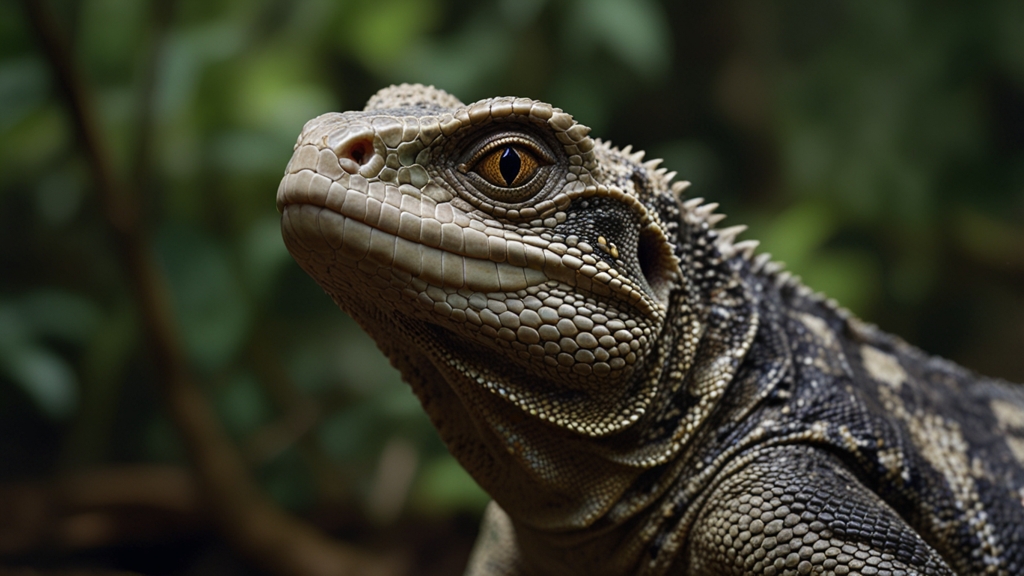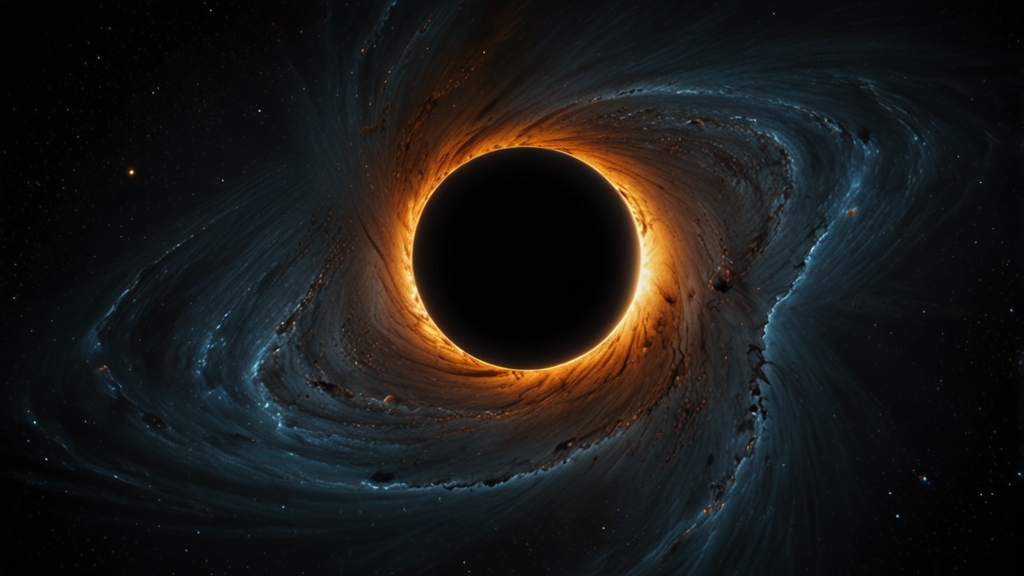The Eerie Similarities Between Global Creation Myths
Creation myths, the stories cultures have used to explain the origins of the world, cosmos, and humanity itself, seem astoundingly diverse at first glance. Each myth springs from a unique cultural context, carrying the specific flavor, beliefs, and priorities of its people. Yet, when scrutinized more closely, eerie similarities begin to emerge among these myths from different corners of the globe. This phenomenon raises intriguing questions about the universal aspects of human consciousness and imagination.
Common Themes and Archetypes
One of the most striking similarities in global creation myths is the presence of common themes and archetypes. A near-universal motif is the idea of a primal chaos or void from which the universe springs. Ancient Egyptian cosmogony describes the world arising from Nu, the chaotic waters, while the Babylonian "Enuma Elish" speaks of the chaotic saltwater ocean, Tiamat.
Another widespread concept is the cosmic egg. In Chinese mythology, Pangu emerges from a cosmic egg to create the world. Similarly, in Finnish myth, the universe is born from an egg laid by a goldeneye duck.
"The concept of a primordial chaos or a cosmic egg suggests a shared mental template across disparate cultures. It raises the possibility that humans, regardless of geography, possess a psychological need to order the chaos, to find origins in a unified whole." - Dr. Maeve Sullivan, Anthropologist.
The Role of Divine Figures
Many creation myths share narratives featuring divine figures who mold and shape the cosmos. The Maori of New Zealand tell of Ranginui, the Sky Father, and Papatuanuku, the Earth Mother, whose separation by their children brought forth light and life. In Norse mythology, the world is formed from the body of the primordial giant Ymir, while the Aztecs speak of the creation by gods sacrificing themselves to bring the sun into motion.
In these stories, divine beings often take on roles that reflect human activities, such as crafting, battling, and even gardening, portraying the creation of the world as an act requiring active participation and effort.
"When gods resemble human artisans, warriors, and cultivators in myths, it connects the divine with everyday human life, suggesting that the act of creation itself is an intrinsic, familiar process." - Professor Jonas Blake, Mythologist.
Flood Myths and Rebirth
Another fascinating aspect of creation myths is the prevalence of flood narratives, stories where a great deluge destroys the world, which is then subsequently recreated or saved. This motif can be seen in the Hebrew Bible's account of Noah and the Ark, the Mesopotamian "Epic of Gilgamesh," and the Hindu tale of Manu. Although disparate, these narratives typically symbolize purification, destruction of chaos, and rebirth, expressing a cyclical view of life and creation.
These similarities suggest a deep-seated belief in renewal and cyclical time, pervasive across human cultures. The flood acts as a narrative device not only to explain natural disasters but also to signify a new beginning, a reset button for the world.
Why the Parallels?
Why do these creation myths from such diverse cultures display such similar motifs? One possible explanation resides in the shared aspects of human experience. All humans witness the cycles of nature, birth, life, and death, and grapple with life's fundamental questions. As Joseph Campbell, the renowned mythologist, suggested, myths are manifestations of shared human experiences, shaped by the need to explain and comprehend existence.
Additionally, some theories propose that geographical interactions and cultural exchanges played a role in disseminating these motifs. Trade routes, migrations, and conquests could have acted as conduits for mythological themes and ideas.
Ultimately, the eerie similarities among global creation myths highlight humanity's collective kinship. These creation stories offer profound insights into the universal psyche, emphasizing how, despite cultural differences, humans share a common quest to understand their origin and place in the cosmos.









